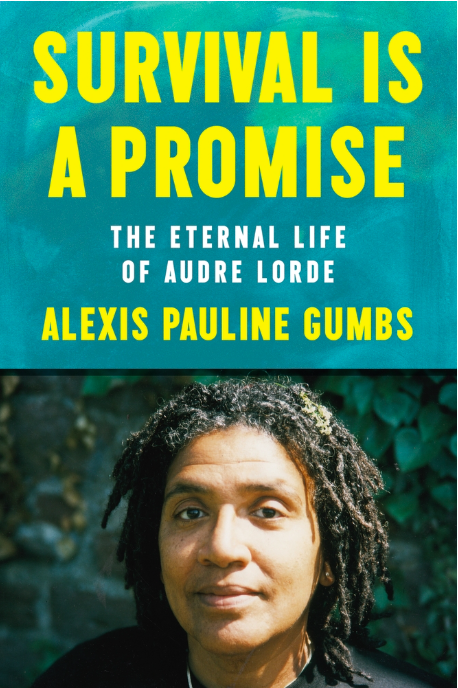About the Author:
Paul J. Magnarella is emeritus professor of criminology, law, and society at the University of Florida. He has served as an expert on mission with the United Nations Criminal Tribunal for the Former Yugoslavia and as a legal researcher for the United Nations Tribunal for Rwanda. Magnarella is the author of many titles, including Human Rights in Our Time and Justice in Africa: Rwanda's Genocide, Its Courts, and the UN Criminal Tribunal.








